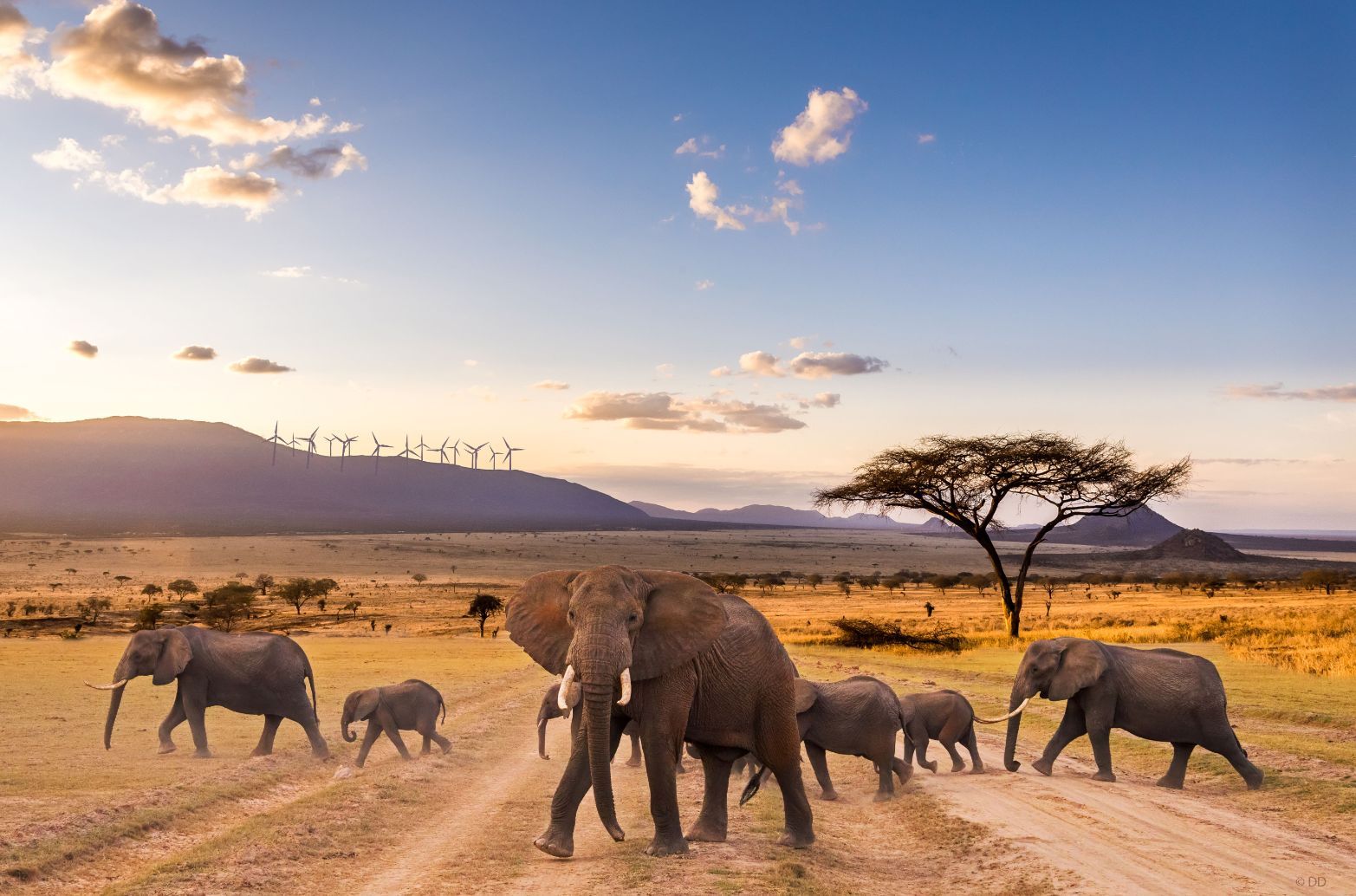12 Apr 2022
PAS 2022 - COUNTRY SPOTLIGHT: EGYPT
)
SUMMARY OF THE SESSION UNDER THE SAME TITLE THAT TOOK PLACE AT THE POWERING AFRICA SUMMIT (PAS), IN WASHINGTON DC, ON MARCH 2022.
In the summer of 2014, there was a massive electrical power outage in Egypt. The electricity deficit in Egypt led the country to set a new strategy for electricity—resolving the lack of electricity supply and the problem of transmission.
Egypt considers energy a matter of national security and has added much more power generation facilities, and many are under construction. Simultaneously, Egypt has upgraded and strengthened the national grid to keep pace with increasing generation capacities, including upgrading transmission lines, establishing high voltage networks, and adding more substations. Egypt is now working on upgrading the distribution system by incorporating smart grid systems for efficient energy management. Integrating cybersecurity solutions to the smart grid should be followed.
Egypt is also focusing on the potential of wind and solar power. Egypt plans to integrate sustainable energy, form an energy mix, and exclude COAL from the energy source. Investments from the private sector will play a major role in achieving the target. Regarding solar energy, Benban Solar Park is the biggest power station in the middle east and African region. There are also wind energy projects and hydro projects that would increase renewable energy generation.
Green hydrogen is fuel for the future, and Egypt is preparing a national hydrogen strategy. Egypt is cooperating with international companies, and there is a pilot project with Siemens with a capacity of 100 MW. There are other future projects, including water desalination from renewable energy and pump storage power plants.
Egypt is ready to participate in global interconnection and plans to be an energy hub in the region, including Libya, Sudan, Jordan, and Saudi Arabia. Also, Egypt is cooperating with Cyprus and Greece, and energy exchange among the three countries will strengthen Egypt's position as an energy hub.
Egypt considers energy a matter of national security and has added much more power generation facilities, and many are under construction. Simultaneously, Egypt has upgraded and strengthened the national grid to keep pace with increasing generation capacities, including upgrading transmission lines, establishing high voltage networks, and adding more substations. Egypt is now working on upgrading the distribution system by incorporating smart grid systems for efficient energy management. Integrating cybersecurity solutions to the smart grid should be followed.
Egypt is also focusing on the potential of wind and solar power. Egypt plans to integrate sustainable energy, form an energy mix, and exclude COAL from the energy source. Investments from the private sector will play a major role in achieving the target. Regarding solar energy, Benban Solar Park is the biggest power station in the middle east and African region. There are also wind energy projects and hydro projects that would increase renewable energy generation.
Green hydrogen is fuel for the future, and Egypt is preparing a national hydrogen strategy. Egypt is cooperating with international companies, and there is a pilot project with Siemens with a capacity of 100 MW. There are other future projects, including water desalination from renewable energy and pump storage power plants.
Egypt is ready to participate in global interconnection and plans to be an energy hub in the region, including Libya, Sudan, Jordan, and Saudi Arabia. Also, Egypt is cooperating with Cyprus and Greece, and energy exchange among the three countries will strengthen Egypt's position as an energy hub.
Loading

